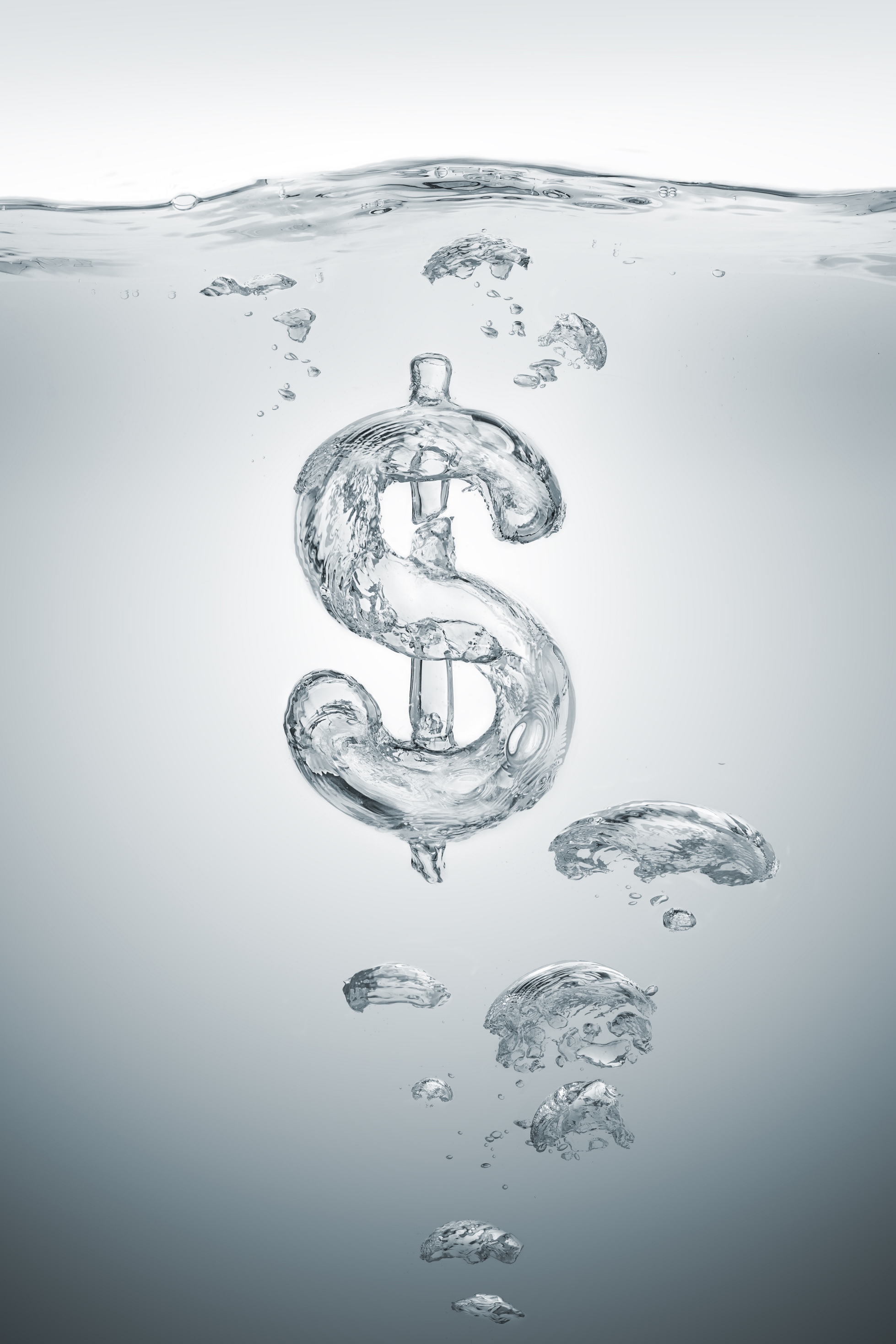It takes a vast network of pipes, reservoirs and expertise to ensure our water is safe. And this does not come for free, typically costing 50 US cents (40 UK pence) for a utility company to supply 1,000 litres of water. What’s more, there is a human cost to unsafe water. Almost 2bn people worldwide are at risk of cholera, dysentery and polio because their supply of drinking water is contaminated with untreated wastewater.
There are also economic benefits; for every US$1 invested in improved water and sanitation, the average return is US$4.30, through lower health costs, more productivity and fewer premature deaths. In a nutshell, the cost of clean water is worth paying. It may seem like a contradiction, but we can only protect the rights of the poorest to safe water if they are charged for the water that they consume.
Charging the poor for water services helps fund the pipes and taps into the poorer communities, as well as the development of new, innovative ways to guarantee more people their right to water.
Case studies
In Kenya, for example, the Nairobi City Water and Sewerage Company has been growing a team entirely dedicated to serving the poorest over the past decade and now comprises 200 members of staff.
By investing in better understanding the challenges faced by low-income communities, the company was able to extend its services to around 50,000 people in Dandora, an urban settlement.
Once a neighbourhood reliant on water cartels, where poor families were left with no choice but to pay extortionate prices to wash, drink and bathe, now the community pays a fair price and can access the same quality water as the wealthy.
Likewise, with additional investment, the public water network in Maputo, Mozambique, was able to reach 148,500 people from poorer areas of the city between 2010 and 2016. Customers in these communities paid, on average, US$4.85 (£3.87) per month, and 60% of them believed it to be a fair price, showing that poverty need not always be a barrier to access.
And in Madagascar, water-user associations bring communities closer to the decision-making around where and how their services are delivered.
These associations are able to keep the profit made from water services, which then fosters a culture of community involvement as well as providing value for money.
Conclusion
Requiring some level of investment from the consumer, however small, is vital to ensure that more people are given adequate access to clean and safe water, while also contributing to a greater sense of community pride, inclusivity and equality. Some may argue that water rights should be free. But charging even a small price for water can ensure crucial investment into networks and utilities that ultimately helps guarantee access for those who need it most.
The views and opinions expressed in this article are those of the authors and do not necessarily reflect the views of The Economist Intelligence Unit Limited (EIU) or any other member of The Economist Group. The Economist Group (including the EIU) cannot accept any responsibility or liability for reliance by any person on this article or any of the information, opinions or conclusions set out in the article.




